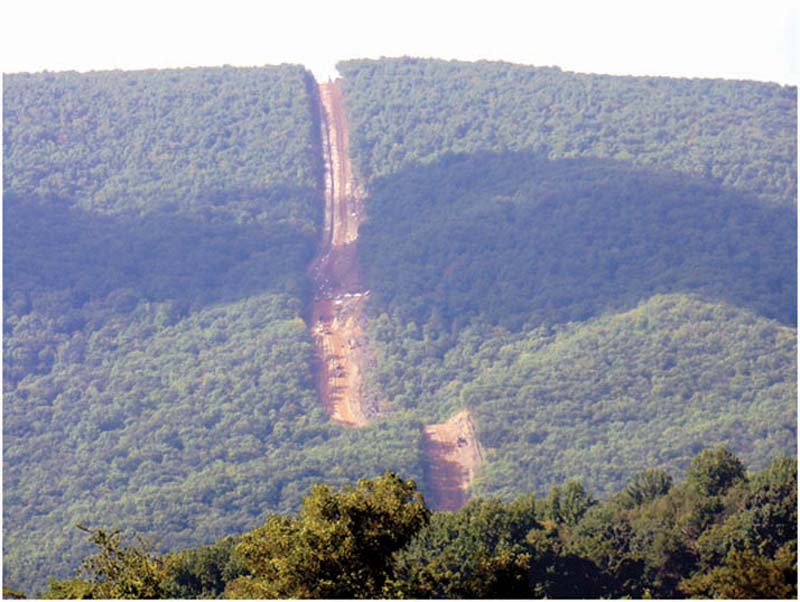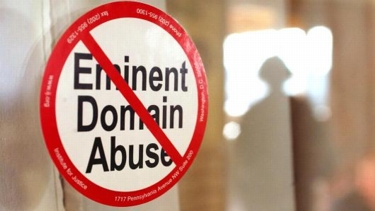 If you’ve wondered what will happen if you refuse to work with one of the big pipeline companies, here’s the preview.
If you’ve wondered what will happen if you refuse to work with one of the big pipeline companies, here’s the preview.
The Rover Pipeline is just like the Mountain Valley Pipeline, the Atlantic Coast Pipeline, and the Mountaineer Xpress pipeline in that they all have eminent domain rights.
Once they get eminent domain rights, your fight is pretty much over.
The judge hearing the Rover Pipeline cases ruled that the Rover Pipeline gets immediate possession of the route that it wants.
Yep. You read that right. Immediate possession. Do not pass Go, do not collect $200.
At this point, the pipeline company is using all the might and power of the federal government to take private property and give it to a private company. It’s no longer a friendly conversation about where the pipeline should go and how much money it’s worth.
Speaking of which, the judge hasn’t ruled on how much money the landowners will get. We’ll be watching closely for that news.
More importantly, we’ll be watching to see what kind of changes the judge allows to the company’s standard easement agreement.
Reading the linked article is frustrating. The landowners are frustrated because the Rover Pipeline didn’t work with them — didn’t address the unique needs of the owners and their properties. That’s justifiable. The way these pipeline companies have been operating has been ridiculous.
I understand the importance of moving natural gas from here to there. I think it’s more important to actually work out agreements with landowners.


